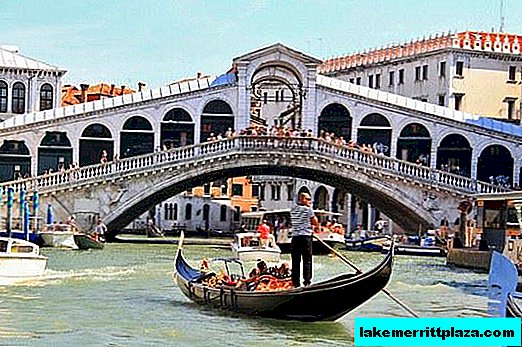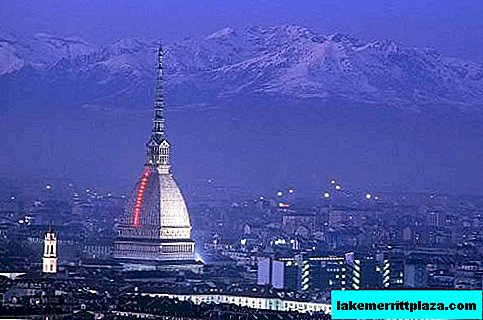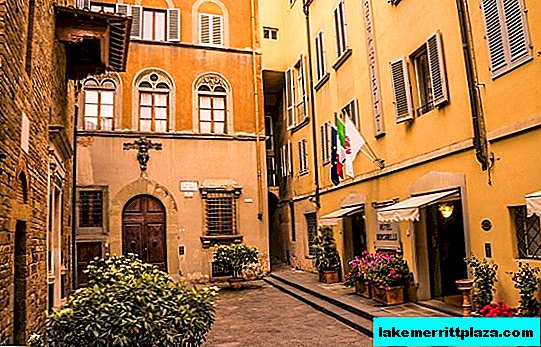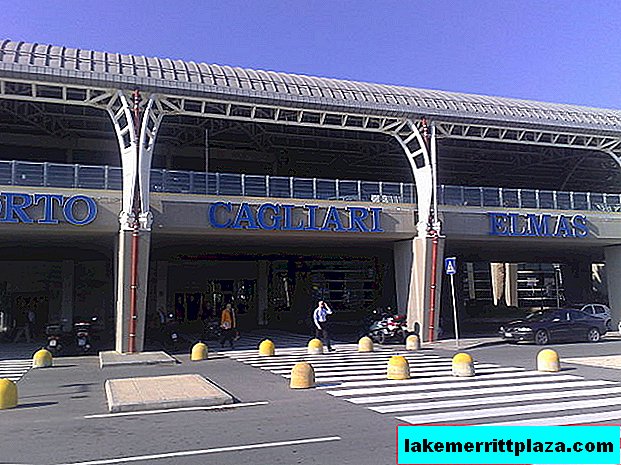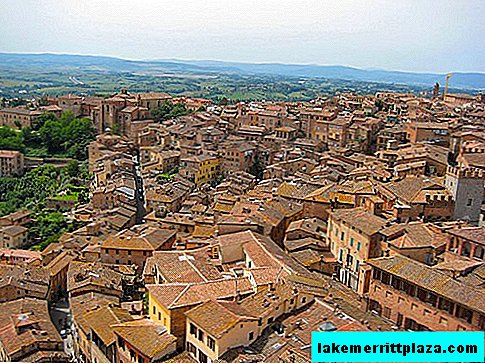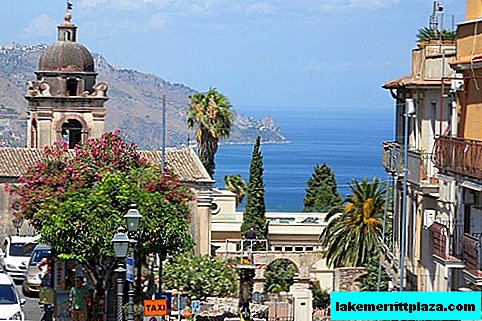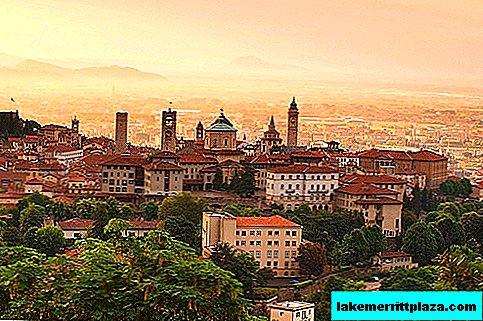In the last issue, we talked about how Marc Anthony managed to get out of a practically hopeless situation, negotiated with Lepidus, recruited a huge army, got rid of the “triumph” of Decimus Brutus and with an evil squint turned his attention back to Rome, in which the Senate, not having time to end the celebration of the final victory over the rebel, he urgently tried to find ways out of such a sudden opportunity.
The plan of salvation was assembled on the knee due to time pressure and the lack of a full understanding of what was happening at that time. The Senate at the same time tried to call back Brutus and Cassius with their troops, and until they return to Italy - to take time and try to either turn Octavian against Anthony again, or squeeze out the maximum number of troops for self-defense, well, and pray to all the gods that the plan will work .
Didn’t work. Guy was completely unhappy with the efforts of parliamentarians to deprive him of military force and did not want to part with the legions, offering in response to Rome to stop dulling, return the laws of Anthony, beneficial not only to Mark, but also to Octavian’s soldiers, and even to make him his consul in elections, and then patience ends.
The Senate could not do this, so Octavian refused the messengers, sweating and hoping for the speedy coming of Brutus the Redeemer. In vain. Mark Brutus, who did not appreciate the joyful leaps of his former teacher and mentor Cicero around some alien “son Caesar”, did not want to return to Italy and begin a new phase of the civil war, advising the old one to finally learn how to cope with the consequences of his own decisions.
While Cicero was digesting the message and only beginning to realize what interesting changes the future was preparing for him, Octavian was tired of wrangling with the Senate and, like his "father" earlier, crossed the Rubicon without disbanded troops - a significant and understandable symbolic step for everyone in the Republic. The descendant of the dictator had 8 legions - a considerable force.
The Senate, realizing that the matter was bad and in the air smelled of disaster, blood and burnt property, immediately announced to Guy that the election of a consul could actually be arranged. What a trifle, the right word, why didn’t he immediately say about it?
Late. At Rome itself, the troops of Octavian met 3 legions of defenders, without further ado and unnecessary bloodshed immediately joined him. Thus, the battle for the city did not work out, which undoubtedly was for the better. Senators crawled out of the holes listened to everything that Guy thinks about the parliament, its intrigues and the unlimited (in the negative sense) level of collective intelligence, after which they obediently set off to organize the election of consuls. Caesar’s stepson himself, guided by the example of the older and more experienced Anthony, put his paws on the state treasury - pay a salary to the soldiers, as promised.
In the elections held on August 19, one Guy Octavian won - what a surprise! - and one Quint Pedy, the uncle of this very Octavian. Other candidates for the post of consul, which is characteristic, were not put up.
After receiving formal authority, Caesar's "son" was finally able to complete the adoption procedure, and from now on we will not use quotation marks when naming him. Having dealt with his origin, Octavian again gathered the senators and hinted that with the recognition by the enemies of the people of Anthony and Lepidus who joined him, they somehow hurried and offended respected people. The decision was canceled in a short time. Cicero, who only wanted the return of a certain utopian “democracy” and a real republic, was saddled with horror at the sight of what was happening, but he still had faint hopes that the “brilliant young man,” as he called Octavian, would show off a little, and then everything would return to normal .
In vain. Uncle Gaya, while he dealt with more pressing issues, drafted a bill in which he proposed to judge Caesar’s killers in absentia, smoothly pushed him in the Senate, and then convened a court that lasted 1 (one) day. The conspirators were sentenced to death with confiscation of property, moreover, many of them were miraculously entered into them, whom on that unfortunate day it was not so close, in Rome it was not there, but they became objectionable to the new masters of the Republic for some reason. In relation to the main accused, the execution of the verdict was postponed due to the lack of prisoners in the near future. Only one of the judges, Publius Sicily, dared to vote for the acquittal of Brutus and his comrades, and Octavian himself was surprised and appreciated his courage (remembering, however, the name of the intractable).
Pedia Law was based on the Caesar’s recent “insult to greatness” law. In the future, many subsequent rulers of Rome will appreciate it, making its own changes to it and expanding the boundaries of the offensive, so that you do not have to come up with extra charges for executions.
Meanwhile, once the formal charges against Lepidus and Anthony were dropped, Octavian invited the noble Don to talk about business. Of course, on his part it was a necessary measure - he very much wanted to rule alone, but could not - remember the 23 legions standing in the north under the leadership of Mark. Therefore, I had to agree. He was so eager to get the title of consul solely so as not to look like a completely loser to Anthony and not become an errand boy.
Having talked, Octavian, Lepidus and Mark found a common language, and in the very near future a new bill came to the Senate - on the creation of a "commission of three to build a republic," according to which the above-mentioned figures were given practically unlimited powers for a period of 5 years, their decisions could not be disputed, and the approval of their actions by all sorts of senates and other assemblies ceased to be necessary.
In principle, after that it was already possible not to talk about any republic.
And, as always happens in such cases, immediately after the accession of the dictatorship, repression began. Rather, proskriptii - mass executions with confiscation according to lists previously agreed between members of the triumvirate.
Who was first in line for the scaffold? Cicero.
How long will the new government last? Will the old speaker escape execution? What will be the further actions of the second triumvirate?
We will tell you soon.
History Fun specifically for Italy for me.

